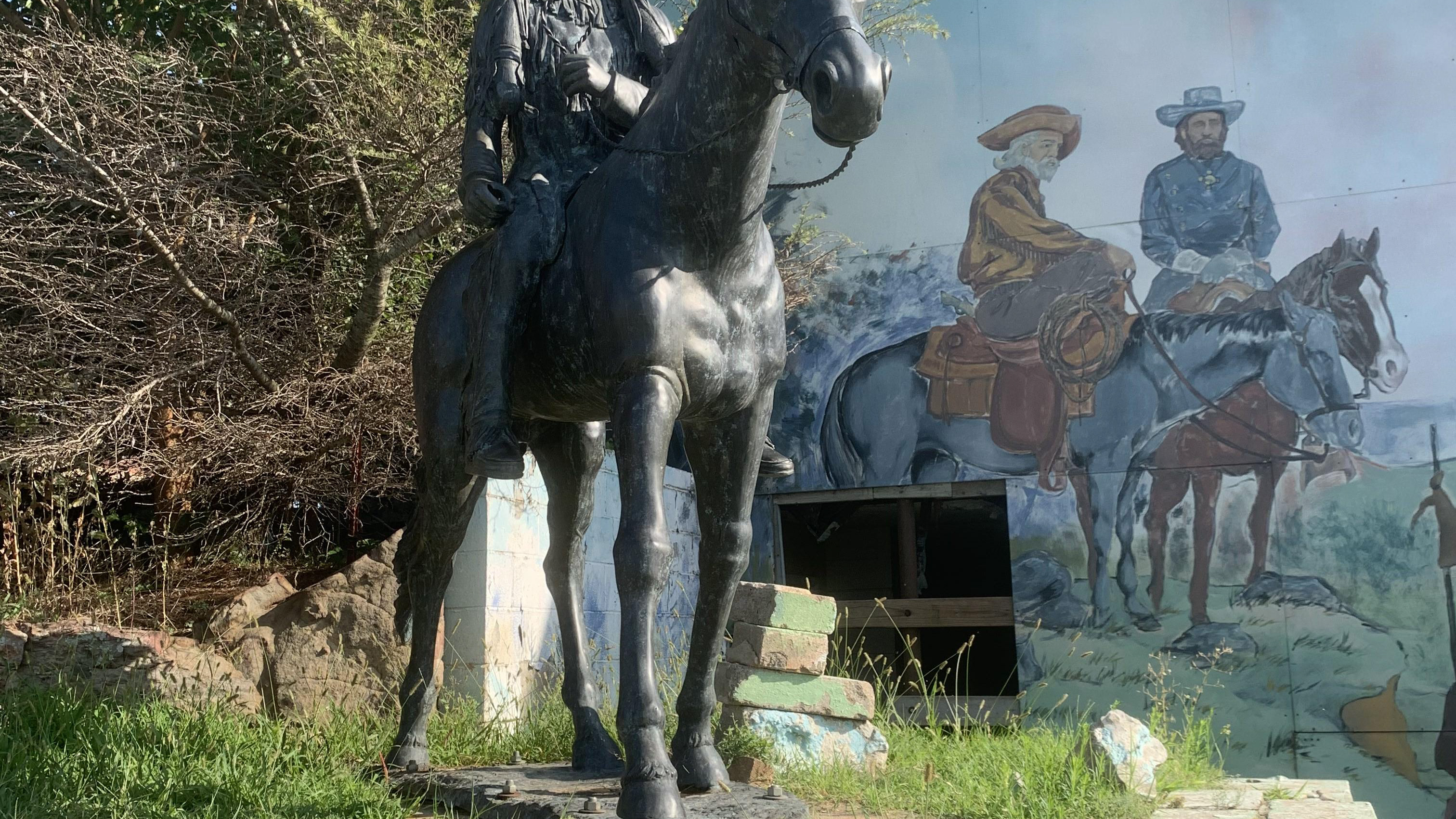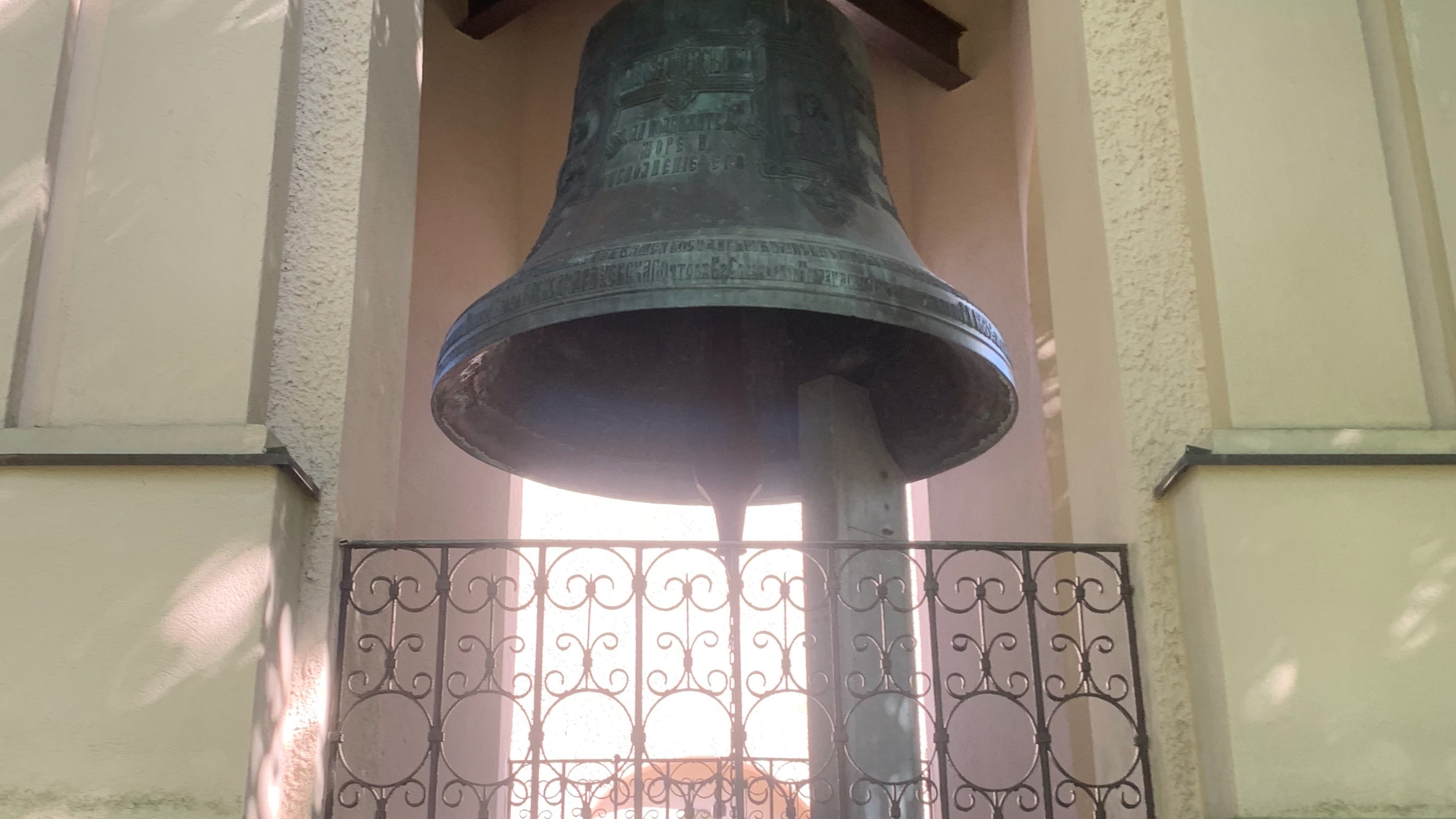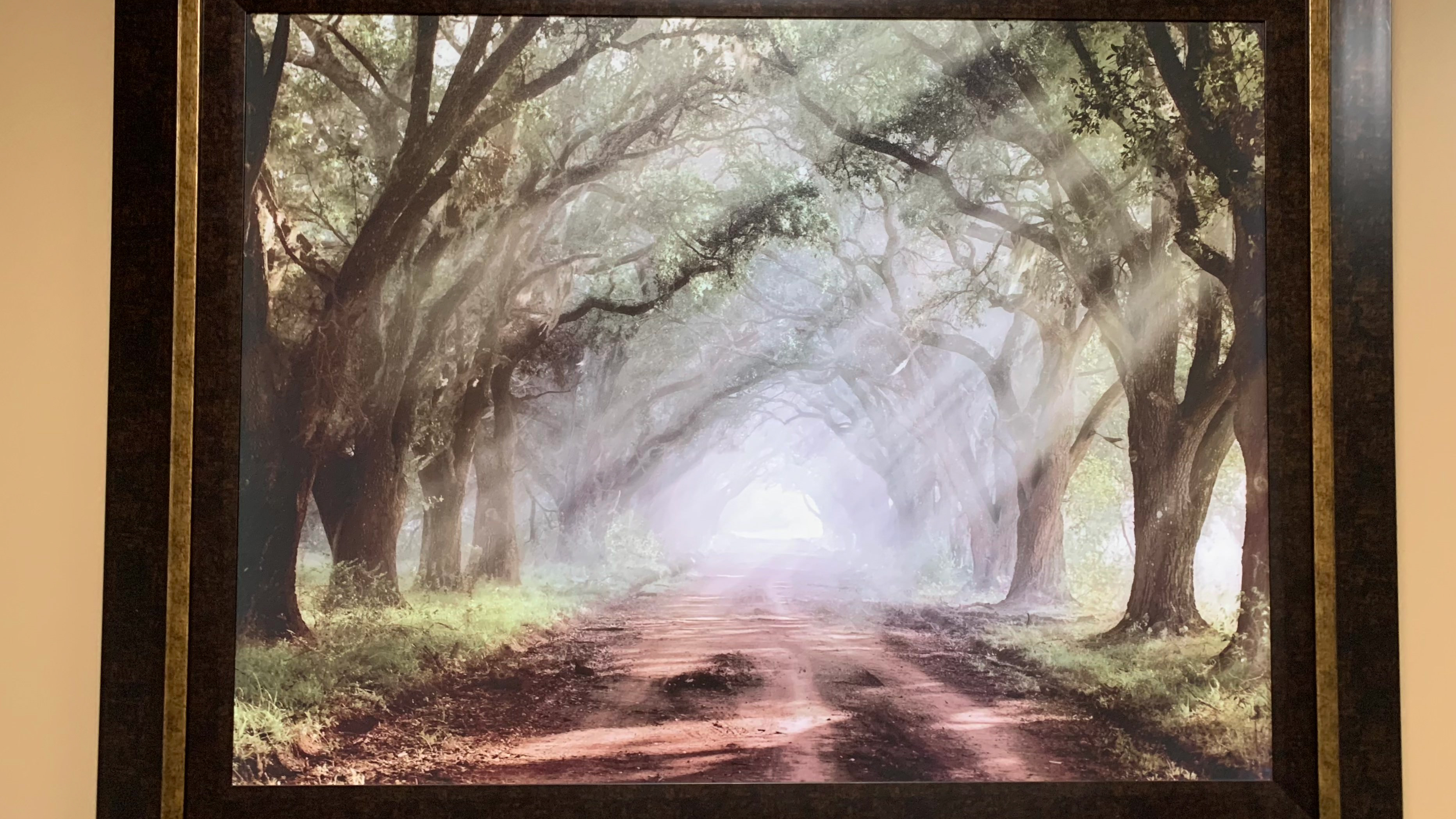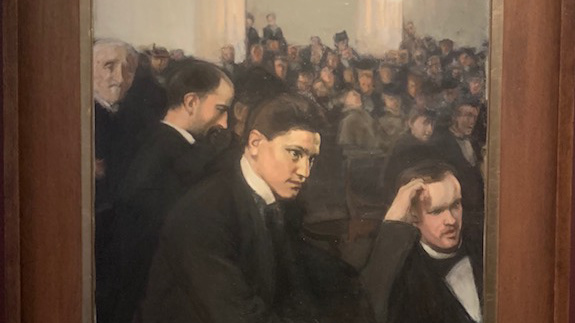When what is around you begins to fall apart, what is within you tends to fall apart as well. “The Metamorphosis” by Franz Kafka displays the hopelessness and struggle for identity amongst the faceless time of war. Franz Kafka was born July 3, 1883 in Prague, and passed away in June 3, 1924 from tuberculosis. Known to be critical of his own writing, he published few short stories during his life. He published “The Metamorphosis” in 1915, during a time when the Austro-Hungarian Empire collapsed due to World War I, and reformed as Czechoslovakia. Its strong existentialist tones spoke to the audience, leading them to ponder what their place is amongst foreign people and foreign conflict.
When one hears the term metamorphosis, it typically brings to mind a caterpillar changing into a butterfly: a positive change. In “The Metamorphosis”, Gregor Samsa’s mutation is not as glamorous: he goes to sleep one night as a person, and wakes up the next morning as a bug. It is possible that this change reflects upon Kafka’s view of a major recent change in society: the collapse of the empire. Perhaps he views the newly formed Czechoslovakia just as one would an ugly bug. However, on the inside the empire and Czechoslovakia are the same, as is the case with Gregor as both a human and a bug. Additionally, it is possible that like Gregor, Czechoslovakia would fall apart within due to external conflict. The citizens of Czechoslovakia who needed to adapt to a changed society were much like Gregor’s parents, who needed to find work because they could no longer be financially supported by Gregor.
“The Metamorphosis” has a character-driven plot which focuses on the thoughts, feelings, and experiences of the protagonist Gregor Samsa through first-person narration. At first, Gregor is hopeful about his situation. “The positive certainty with which these first measures had been taken comforted him. He felt himself drawn once more into the human circle and hoped for great and remarkable results from both the doctor and the locksmith…” (P 473) The conflict Gregor Samsa faces is ultimately within him, yet is influenced by his circumstances. Who am I, or what am I? Why am I this way? Who do I want to be? How can I live with the way that I am? What is my place and my purpose in the world around me? Yet above all else, Gregor cares deeply about the happiness and wellbeing of his family. “He thought of his family with tenderness and love. The decision that he must disappear was one that he held to even more strongly than his sister…” (P 497)
I appreciate “The Metamorphosis” because of the statements it makes about existence as well as external circumstances which can affect your actual or perceived existence. I feel that I relate to Gregor’s frame of mind. Like Gregor, I tend to put others before myself, have a positive outlook even during negative events, and I am highly adaptive to new situations. These similarities motivated me to choose this story.
Although I have read this story before, each time I read it I am able to find new relations and messages. After this reading, I consider the existential thoughts of Gregor to be those of self-reflection and self-identification, rather than confusion and self-loathing. Innately, people have a desire to know their place, and be happy, because that in turn provides security. Even as a bug Gregor still has that desire. He is motivated by his desire to live harmoniously with his family. Because his family no longer shares that same desire, Gregor’s motivations are challenged, leading him to search for a new identity: a place to exist. Ultimately, he chooses to place his family’s happiness above his own.
I have always been curious about what led Gregor to turn into a bug, and currently believe that it was a way of him getting what he needed: freedom from his family. His obligations to them prevented him from identifying without them. “If I didn’t have to hold my hand because of my parents I’d have given notice long ago…” (P 468) Gregor was not happy with his life, and only continued with the way things were out of obligation. Even more, I believe that is why Gregor changed into a bug, of all things, because that is how he saw himself: as someone who could be stepped on. What he truly needed for his soul was to be released from his obligations, his job, and his family.
Sources
"Living Prague - Independent Tourist Information and Czech History (WW1) Guide." Living Prague - Independent Tourist Information and Czech History (WW1) Guide. Living Prague, 2011. Web. 26 Feb. 2015.
Kafka, Franz. "The Metamorphosis." The Art of the Short Story. By Dana Gioia and R. S. Gwynn. New York: Pearson Longman, 2006. 467-500. Print.
"Franz Kafka." Bio. A&E Television Networks, 2015. Web. 26 Feb. 2015.
Credit to the Creator, Burning Man Exhibit, Renwick Gallery, DC 3/31/2018







